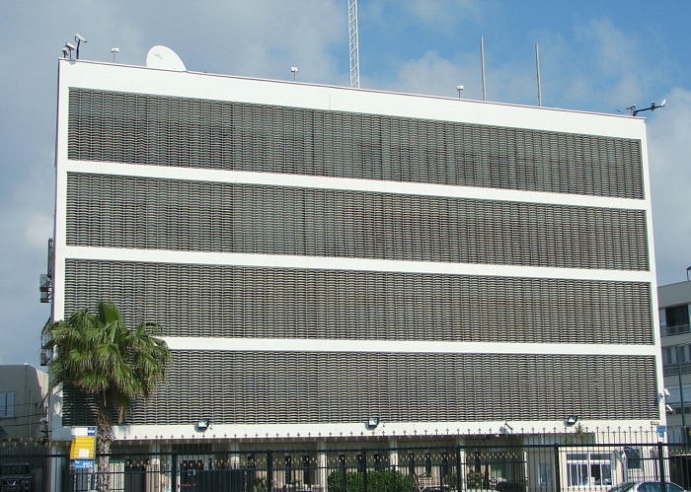Talk of Moving UK’s Embassy in Israel
consortiumnews.com / August 21, 2019
Following U.S. National Security Advisor John Bolton’s talks with Prime Minister Boris Johnson and his ministers in London last week, the Foreign & Commonwealth Office has been asked to speed up contingency planning for the U.K. to move its embassy in Israel from Tel Aviv to Jerusalem, with an eye to an “early announcement” post Brexit.
The U.K. is currently bound by an EU common foreign policy position not to follow the United States in moving its embassy to Jerusalem. As things stand, that prohibition will fall on November 1. FCO officials had previously been asked to produce a contingency plan, but this involved the construction of a £14 million new embassy and a four-year timescale. They have now been asked to go back and look at a quick fix involving moving the ambassador and immediate staff to Jerusalem and renaming the consulate already there as the embassy. This could be speedily announced, and then implemented in about a year.
Johnson heads the most radically pro-Israel cabinet in U.K. history and the symbolic gesture of rejection of Palestinian rights is naturally appealing to his major ministers: Home Secretary
Priti Patel, Chancellor Sajid Javid, Foreign Secretary Dominic Raab. They also see three other political benefits.
Three Benefits Seen
Firstly, they anticipate that Labour opposition to the move can be used to yet again raise accusations of “anti-Semitism” against Jeremy Corbyn, the opposition leader.
Secondly, it provides good “red meat” to Brexiteer support in marking a clear and, they believe, popular break from EU foreign policy, at no economic cost.
Thirdly, it seals the special link between the Trump and Johnson administrations and sets the U.K. apart from other NATO allies.
Bolton also discussed the possibility of U.K. support for Israeli annexation of areas of the West Bank to “solve” the illegality of Israeli settlements on occupied territory. My FCO sources believe this is going to be much more difficult politically for the cabinet to agree than simply moving the embassy, due to lack of support on their own backbenches.
This is an insight into the future of British foreign policy if the Johnson government, and the U.K., both survive. In the massive defeat of the U.K. at the UN General Assembly two months ago over the illegal occupation of the Chagos Islands, the U.K. was in a voting bloc with only the U.S., Israel, Australia, Hungary and the Maldives, against the rest of the world. The Maldives had a particular maritime interest there, but the leadership of the others – Donald Trump, Viktor Orbàn, Scott Morrison, Benjamin Netanyahu and now Boris Johnson – constitute a distinct and extreme right-wing bloc. These are very worrying times indeed.
Craig Murray is an author, broadcaster and human rights activist. He was British ambassador to Uzbekistan from August 2002 to October 2004 and rector of the University of Dundee from 2007 to 2010.





![vrijdag 17 mei in Amsterdam: in gesprek [videoverbinding] met Palestijnse arts Ghassan Abu-Sittah](https://palestina-komitee.nl/wp-content/uploads/2024/04/abu-Sittha-1-1-218x150.png)







